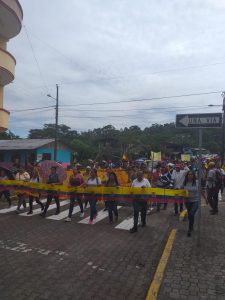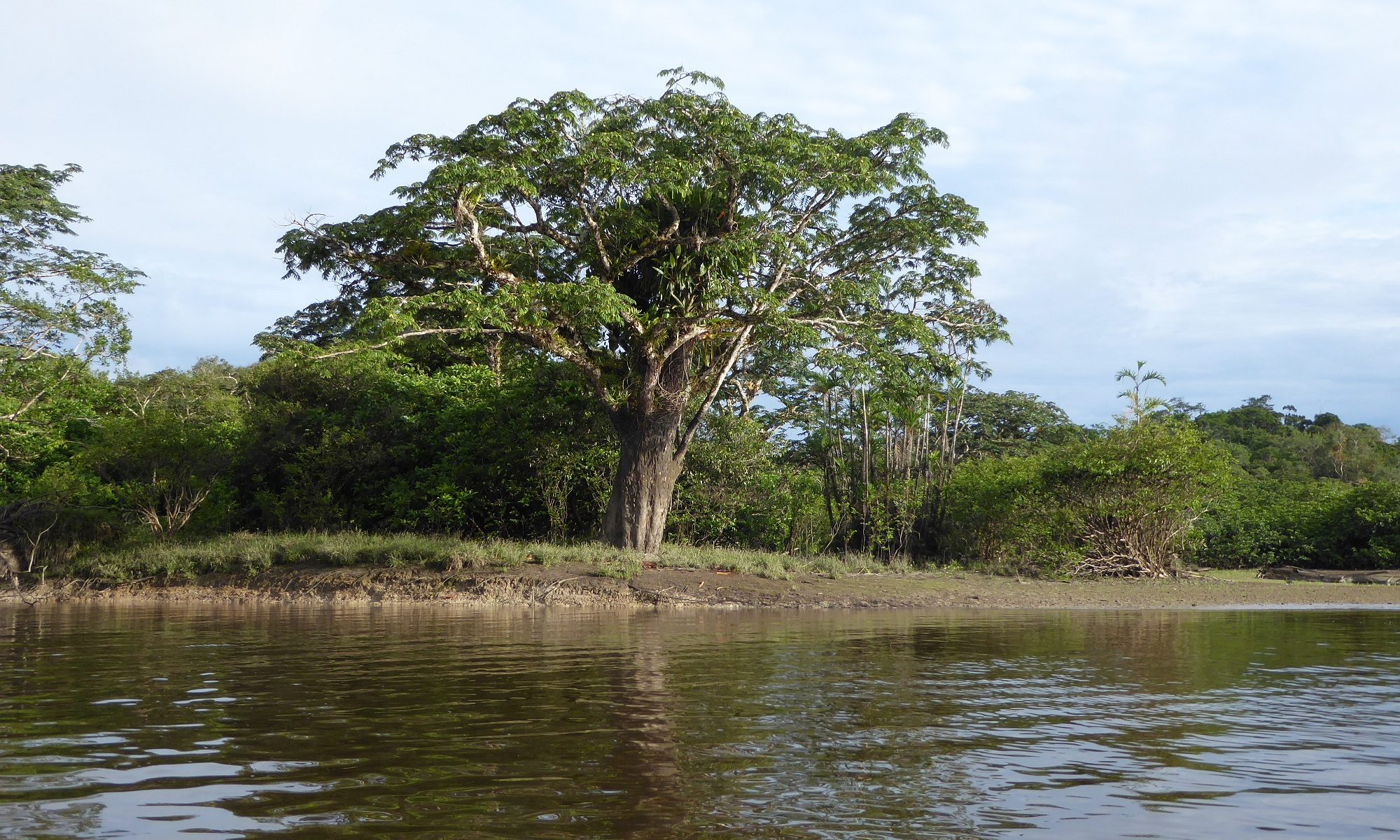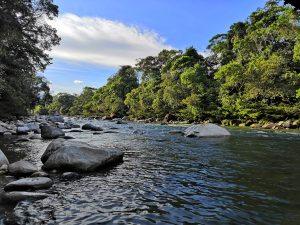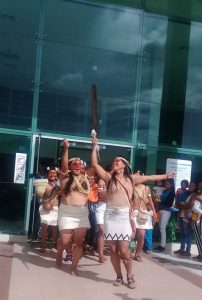Text: Tuija Veintie
On Tuesday, 8 October, all schools in Ecuador suspend their classes to guarantee the safety of their students, announced the Ministry of Education of Ecuador. In Pastaza province the classroom doors in schools and at the Amazon State University (UEA) have stayed closed for several days, from Thursday 3 October. Going to classes would be difficult, and possibly dangerous, because transportation in Puyo and around the province is paralysed by roadblocks and demonstrations. The demonstrations started last week after President Lenin Moreno had announced the paquetazo, a package of economic measures to reduce the fiscal deficit of the country.

The paquetazo includes tax and labor reform as well as elimination of fuel subsidies. As an immediate effect of these reforms, the fuel price rose with 100% overnight. Ecuadorian transport unions declared a national strike starting on Thursday, 3 October. The strike ended all bus, truck and taxi transportation in the country. Moreover, the bus, truck and taxi drivers blocked the roads in the main cities of the country stopping all motor traffic. The transport unions ended their strike on Friday 4 October in the evening, but civil society organisations, including the Confederation of Indigenous Nationalities of Ecuador (CONAIE), Confederation of the Ecuadorian Amazonian Indigenous Nationalities (CONFENIAE), and the United Workers Front (FUT) continue demonstrations against paquetazo.
Continue reading ““Paquetazo” in Ecuador – schools closed for demonstrations”


 The first reaction of the pekenani (wise elder) representatives of 16 Waorani communities of Pastaza, organized in CONCONAWEP, after the sentence of Judge Pilar Araujo of the Provincial Court of Pastaza that accepted the action for protection and stated that constitutional right of prior, free and informed consultation had been violated, was to dance and sing. The audience hall was flooded by the energy of the Waorani voices and by the dance that drew the glorified dignity. So small was the space that shortly the energy spread to the outskirts; surely that energy connected with its territory, as well as with all the hearts defending the Amazonian life.
The first reaction of the pekenani (wise elder) representatives of 16 Waorani communities of Pastaza, organized in CONCONAWEP, after the sentence of Judge Pilar Araujo of the Provincial Court of Pastaza that accepted the action for protection and stated that constitutional right of prior, free and informed consultation had been violated, was to dance and sing. The audience hall was flooded by the energy of the Waorani voices and by the dance that drew the glorified dignity. So small was the space that shortly the energy spread to the outskirts; surely that energy connected with its territory, as well as with all the hearts defending the Amazonian life.